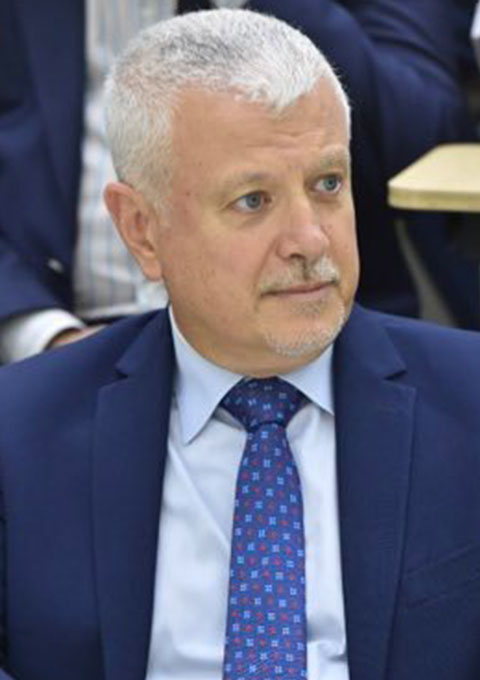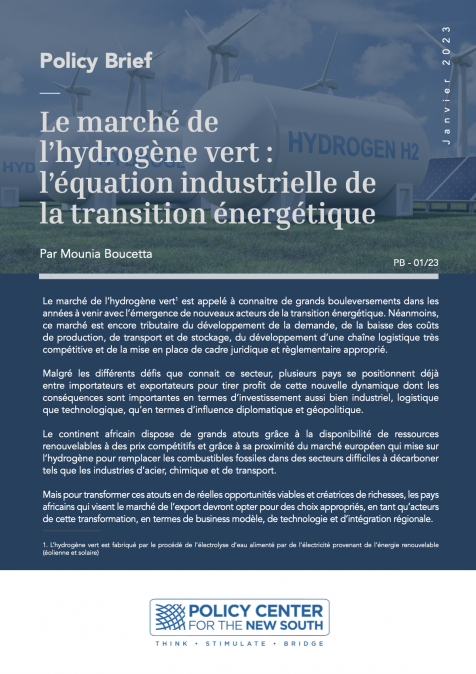Water resources have become increasingly scarce in several regions of the world, particularly in arid and semi-arid zones. Countries located in these regions are constrained by water scarcity due to their hydro-climatic characteristics and intra- and interannual rainfall fluctuations. In addition to these attributes, the negative effects of climate change result in a considerable increase in temperature and a consequent decrease in rainfall. According to IPCC estimates, the decrease in precipitation in these areas can reach up to 20% (IPCC, 2008). As far as temperature is concerned, it is supposed to increase, favoring water evaporation. According to the same source, the increase in temperature will be different according to regions. It will be 1°C in the Maghreb basin. In addition to the decrease in water availability, its demand is constantly increasing for several reasons. Firstly, population growth, which generates additional and inelastic demand for water. Secondly, the massive urbanization that some countries are experiencing requires a new organization of the sector to supply the cities with drinking water. And finally, the requirements of socio-economic development to achieve the expected levels of growth. Given these observations, water resource management is of extreme importance in countries suffering from water scarcity, particularly the MENA countries and some sub-Saharan African countries. In front of this scarcity, many governments had put in place policies and programs to manage water to make better and sustainable use of it. In the light of these elements, this webinar attempts to answer the following questions: What is the situation of water resources in African and MENA countries? How are governments responding to water scarcity? How can this problem be addressed in the future and what is the role of technology? The event will be broadcast live on our website, Facebook, Twitter and YouTube. For more information, please send us an email at: events@policycenter.ma















